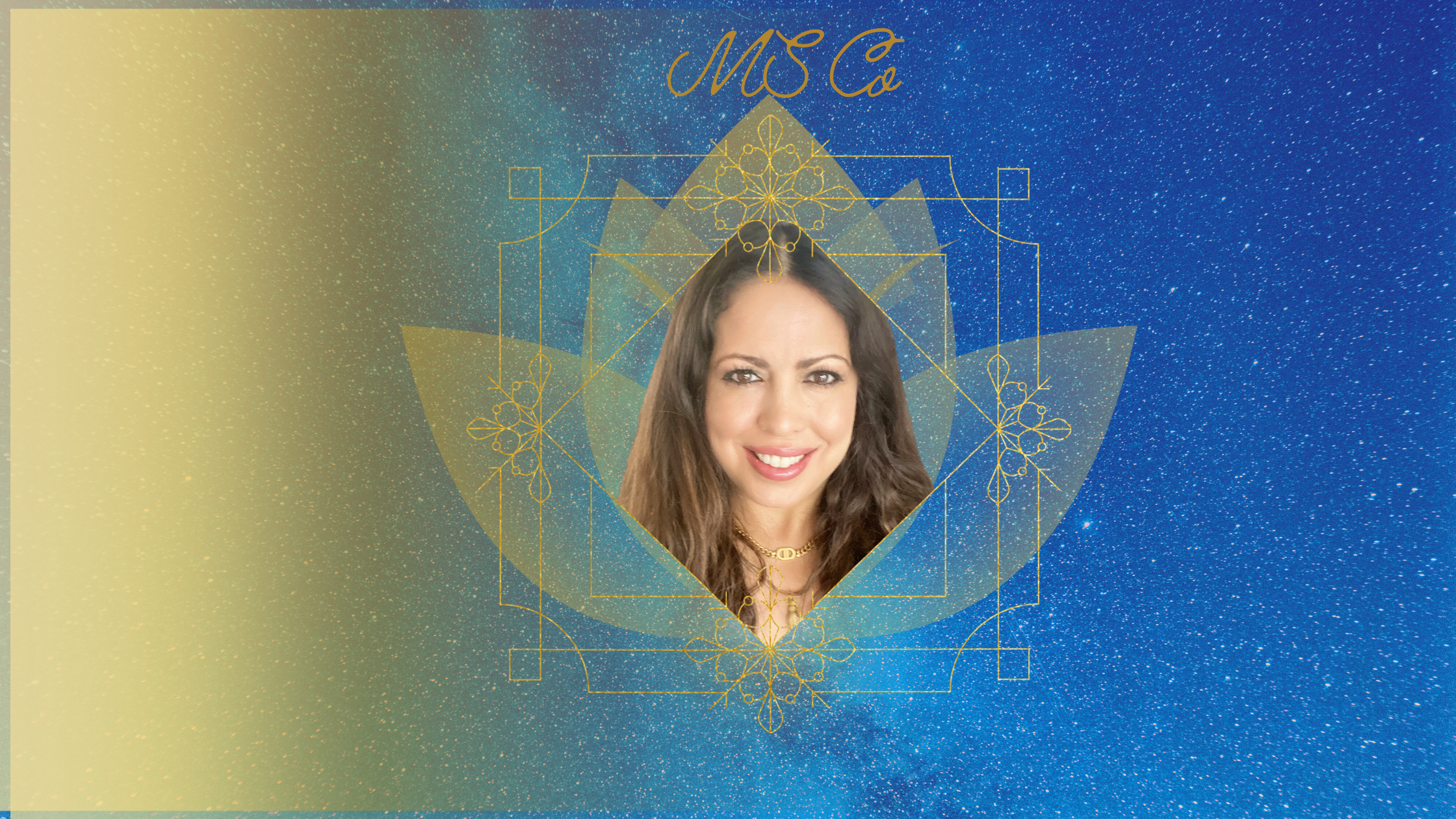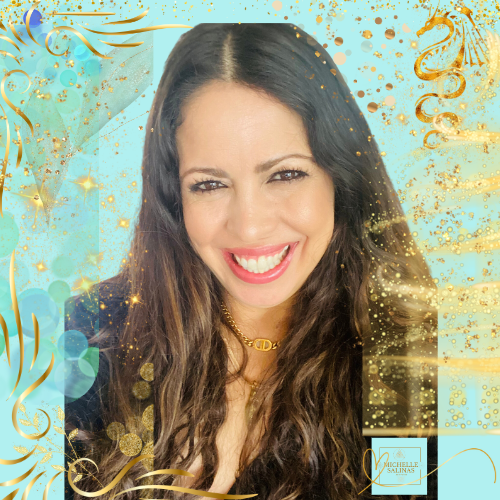How to Make Happiness Your Choice Every Day

You have the power to own your happiness every day. Stop and think: do you control your happiness, or do you let others and things decide how you feel? Science says about 40% of your happiness comes from your daily choices. Easy habits like being thankful, talking honestly, and doing small kind things can help your mood and health.
Here’s what studies show about happiness and your daily choices:
Study | Findings |
|---|---|
Positive Psychology Research | 40% of happiness comes from daily actions and choices. |
Active Listening Study | Deep talks make people happier than just chatting. |
Daily Habits Research | Being thankful helps life feel better and helps your mind. |
Neurotransmitter Study | Dopamine and serotonin go up with actions that bring joy. |
When you choose to own your happiness, you start a better and happier life. Stay open—real change begins with one brave choice.
Key Takeaways
You control your happiness. Daily choices, like being thankful and kind, can boost your mood and health.
Your mindset shapes your happiness. Embrace a growth mindset to turn challenges into opportunities for growth.
Take responsibility for your feelings. Reflect on your emotions and ask, 'What can I do to feel better right now?'
Set healthy boundaries. Protect your time and energy to create space for joy and self-care.
Practice gratitude daily. Write down things you appreciate to build a positive mindset and feel more satisfied with life.
Happiness Starts Within

Why Happiness Is an Inside Job
You may think happiness comes from things around you. Real joy begins inside you. You can change how you feel, even when life is hard. Some people stay happy during tough times. Others feel sad, even if life looks perfect. Why does this happen? Your thoughts and choices shape your feelings every day.
Studies show happiness comes from inside and outside sources. Your attitude and purpose matter most.
Building resilience and finding meaning helps you feel happier.
Focusing on your own strengths brings bigger changes than waiting for things to get better.
You can change your story. When you control your feelings, outside events do not control your mood. This change helps you feel stronger and calmer.
The Power of Mindset
Your mindset is like glasses. It changes how you see things and react to problems. If you believe you can learn and grow, you recover faster when things go wrong. This belief is called a growth mindset. It helps your well-being.
Theory | Description |
|---|---|
Beliefs about the malleability of abilities influence motivation and happiness. | |
Self-Determination Theory | Intrinsic motivation leads to better performance and resilience. |
Self-Compassion | A positive mindset helps individuals cope with failures, enhancing overall happiness. |
“When people spent more time socializing over the course of a year, they became more satisfied with their lives.”
You can change how you see things. If you treat setbacks as lessons, you become stronger. This change can turn hard times into good experiences. Your mindset opens the door to happiness. You choose how to use it every day.
Own Your Happiness
You are the master of your own happiness. No one else can make you feel happy or sad unless you let them. When you own your happiness, you take full responsibility for your feelings, actions, and reactions. This is not always easy, but it is the most powerful choice you can make. You do not have to wait for someone else to make things better. You can craft your happiness every day by holding yourself accountable and making small changes.
Take Responsibility for Your Feelings
Taking responsibility for your feelings means you stop waiting for others to fix your mood. You notice how you feel and accept that those emotions belong to you. This is self-responsibility in action. You do not blame your bad day on someone else. Instead, you ask yourself, "What can I do to feel better right now?"
Mental health professionals say that effective communication is key. When you express your emotions clearly and listen to others, you build trust and support. This helps you hold yourself accountable for your feelings and actions.
Here are some ways to take full responsibility for your feelings:
Develop self-awareness by reflecting on your emotional reactions and asking for feedback.
Set realistic goals that match your values.
Practice accountability by tracking your progress and sharing your goals with someone you trust.
Shift your mindset and see failures as chances to grow.
Take ownership of your boundaries to protect your well-being.
Seek help when you need it.
You can also use these strategies to manage your emotions:
Learn techniques like deep breathing, meditation, or journaling.
Practice mindfulness and stay present with your thoughts.
Build a toolkit of coping skills for tough times.
When you take responsibility for your feelings, you become stronger and more confident. You start to own your happiness and make choices that support your well-being.
Stop Blaming Others
It is easy to blame others when things go wrong. You might say, "They made me feel this way," or "If only they acted differently, I would be happy." But blaming others takes away your power. It stops you from taking full responsibility for your life.
It is empowering. It tells you that you alone are responsible for your happiness, and you can always do something about it.
Blaming others can hurt you in many ways:
It leads to feelings of powerlessness and helplessness.
It can make you feel depressed and stuck.
It blocks your personal growth and stops you from learning.
It creates unhealthy relationships and breaks trust.
It can make you feel like a victim and lower your self-worth.
It brings up emotions like anger and resentment.
You can break this cycle. Try these steps to hold yourself accountable and own your happiness:
Journal about your thoughts and feelings to check in with yourself.
Use body scans, meditation, or yoga to reflect on your emotions.
Do a weekly brain dump to process what you are feeling.
Reflect on your part in situations instead of blaming others.
Focus on self-improvement to make your relationships better.
Embrace the power that comes from taking full responsibility for your happiness.
Sometimes, taking responsibility means facing tough feelings. When you accept this discomfort, you grow stronger and build better relationships.
Observe Emotions Without Judgment
You will feel many emotions each day. Some will feel good, and some will not. The trick is to observe your emotions without judging them. You do not have to label your feelings as "bad" or "wrong." You just notice them and let them be.
Mindfulness helps you do this. When you practice mindfulness, you recognize your emotions and give them space. You can step back and watch your thoughts without getting caught up in them. This is called the observing self. You might try observer meditation to help you detach from your feelings and thoughts.
Here are some ways to observe emotions without judgment:
Recognize your emotions and allow them to exist.
Notice your feelings from a distance, like watching clouds pass by.
Try observer meditation to create space between you and your thoughts.
This approach has many benefits:
Mindfulness builds emotional resilience and helps you manage your reactions.
A curious, non-judgmental attitude lets you handle emotions with grace.
You recover faster from emotional upsets and become more resilient.
When you observe your emotions without judgment, you take full responsibility for your inner world. You own your happiness by choosing how to respond, not just react. This is how you craft your happiness, one moment at a time.
Take Radical Responsibility
You have the power to take radical responsibility for your life. This means you stop waiting for someone else to make things better. You decide to take action and change what isn’t working. When you take radical responsibility, you choose to put your happiness first. You make choices that support your well-being and help you grow. Let’s look at how you can do this every day.
Set Boundaries for Your Well-Being
Boundaries are like invisible fences. They protect your energy, your time, and your feelings. When you set healthy boundaries, you tell others how you want to be treated. You also show yourself that you matter.
Setting boundaries is not selfish. It is an act of self-respect and care.
Here’s what happens when you set clear boundaries:
You reduce stress and feel more satisfied with life.
Your self-esteem gets a boost.
You enjoy better emotional health and less anxiety.
Your relationships improve because you know your limits.
When you map out your boundaries, you take radical responsibility for your well-being. You stop letting others decide how you feel. You take action to protect your peace. Healthy boundaries help you feel safe and strong. They give you space to grow and enjoy life.
Setting boundaries also leads to more happiness. When you say “no” to things that drain you, you say “yes” to what matters most. You create room for joy, rest, and the people who lift you up. You take inspired action to build a life that feels good.
Prioritize Your Needs
You deserve to put yourself first sometimes. Taking radical responsibility means you listen to your needs and honor them. You do not have to sacrifice your happiness for others. When you prioritize your needs, you show yourself love and respect.
Try these actions to put your needs first:
Eat healthy foods and move your body.
Say kind things to yourself every day.
Make time for hobbies and things that make you smile.
Here’s what happens when you focus on your needs:
You feel better in your body and mind.
You have more energy to do what you love.
Your relationships get stronger because you feel whole.
Self-care is not just bubble baths or treats. It is about taking action to protect your happiness, especially when life feels hard. You notice what you need and take steps to meet those needs. This helps you build resilience and feel more confident.
People who prioritize positivity have more good days and fewer sad ones. They bounce back faster from tough times. They also have more self-compassion and strength. When you take radical responsibility for your needs, you create a life that matches your values. You feel more satisfied and proud of your actions.
Express What You Want
You have a voice. Use it to share your needs and dreams. Taking radical responsibility means you speak up for yourself. You do not wait for others to guess what you want. You take action and express yourself clearly.
There are different ways to communicate. Some people stay quiet and hope others will notice their needs. Others get loud and pushy. The best way is to be assertive. This means you say what you want in a kind and honest way.
Communication Style | Description |
|---|---|
Passive | Avoids expressing needs, often leading to resentment. |
Aggressive | Expresses needs in a hostile manner, disregarding others. |
Assertive | Clearly states needs while respecting others, promoting compromise. |
Here are some actions you can try:
Practice open communication to build trust.
Ask questions instead of making guesses.
Focus on what is happening now, not old problems.
Talk about your feelings before trying to fix things.
Work together to find solutions.
Listen to understand, not just to reply.
Use “I feel” statements to share your emotions.
Expressive speaking helps you connect with others. When you respond with empathy and share your needs, you build stronger relationships. You also feel more seen and valued.
Happiness grows when you meet your needs and share your desires. Studies show that people who express themselves feel more fulfilled. You need to feel free, capable, and connected to others. When you take radical responsibility and express what you want, you create deeper bonds and a happier life.
Remember, you are worth it. You do not have to give up your happiness for anyone. Take radical responsibility, make choices that support you, and take inspired action every day. Your actions shape your life. You have the power to change what isn’t working and build the happiness you deserve.
Build Positive Habits

Practice Daily Gratitude
You can boost your happiness by making gratitude part of your routine. When you count your blessings, you start to notice the good things in your life. Research shows a strong link between gratitude and life satisfaction. People who practice gratitude often feel more meaning, get more support from others, and build self-esteem.
Here are some easy ways to bring gratitude into your day:
Start a gratitude journal and write down three to five blessings every morning or night.
Place sticky notes with things you appreciate where you can see them.
Use a gratitude jar to collect notes about your blessings.
Carry a small rock in your pocket to remind you to pause and think of something you are thankful for.
You do not need fancy tools. Just take action and reflect on what makes you smile. When you focus on gratitude, you create a positive mindset and feel more satisfied with life.
Choose Your Inner Circle Wisely
Your social circle shapes your happiness. The people around you can lift you up or bring you down. Studies show that happiness spreads through social networks, even reaching friends of friends. After social interactions, most people report feeling happier. Extroverts get a mood boost, while introverts feel more connected.
Tip: Choose friends who support your dreams and encourage you to grow.
Here is a table to help you pick your inner circle:
Criteria | Description |
|---|---|
Positive influences | |
Accountability | Pick friends who help you take responsibility for your actions. |
Encouragement | Find those who cheer you on and help you reach your goals. |
When you engage with people who align with your values, you create a safe space for self-care and growth. Your inner circle should help you count your blessings and celebrate your wins.
Align Actions with Values
You feel happiest when your actions match your values. Studies show that people who align with their values enjoy more meaning, less stress, and greater life satisfaction. If you only think about your values but never act on them, you might feel stuck.
Try these steps to make sure your actions reflect what matters most:
Listen closely to others and respond with empathy.
Express gratitude and appreciation often.
Set boundaries that honor your values.
Build relationships that align with your values.
Solve problems with your values in mind.
Show kindness every day.
When you take responsibility for your choices and align with your values, you create a life filled with purpose. Every action you take can help you grow and feel proud of your blessings.
Overcome Obstacles
Handle Negative Self-Talk
Negative self-talk can sneak into your mind and make you doubt yourself. You might hear a voice saying, “I can’t do this,” or “I always mess up.” These thoughts can lower your confidence and make you feel stuck. You can take responsibility for your thoughts and change the way you talk to yourself.
Here are some helpful techniques:
Technique | Description |
|---|---|
Reality Testing | Look for proof before believing negative thoughts. |
Identifying Cognitive Distortions | Spot patterns that twist your thinking. |
Cognitive Reframing | Try to see things in a more positive or neutral way. |
Decatastrophizing | Remind yourself that the worst-case scenario is unlikely. |
Notice your thoughts without judging them. | |
Positive Affirmations | Replace harsh words with kind ones. |
Gratitude Journaling | Write down things you are thankful for. |
A study found that people with lots of negative self-talk felt more stress and less self-esteem. When you practice mindfulness, you can catch these thoughts and let them go. Try breathing exercises or grounding techniques to bring your mind back to the present.
Bounce Back from Setbacks
Everyone faces tough times. You might fail a test, lose a friend, or feel left out. Setbacks can hurt, but you can bounce back. Resilience means you keep going, even when things get hard. Confidence helps you believe you can handle challenges.
Try these steps to recover:
Accept your feelings and let yourself feel sad or upset.
Focus on what you can control, not what you can’t.
Set new goals and work toward them.
Think of setbacks as lessons, not failures.
Connect with friends or family for support.
Take care of your body and mind.
Practice mindfulness to stay calm and focused.
People who use these strategies often grow stronger and learn more about themselves. You can turn setbacks into stepping stones toward happiness.
Self-Reflection for Growth
Self-reflection helps you understand yourself better. When you look back on your day or week, you notice what went well and what you want to change. This practice builds self-awareness and helps you make better choices.
Here are some ways to practice self-reflection:
Take a few minutes each day to journal about your thoughts and feelings.
Use mindfulness to observe your emotions without judgment.
Ask for feedback from people you trust.
Self-reflection can help you manage your emotions, improve your relationships, and reach your goals. When you know yourself, you can make choices that match your values and bring more happiness into your life.
You can pick to be happy every day. Studies over many years show that if you take charge of your mood, you can live longer and feel better.
Study | Duration | Findings |
|---|---|---|
Carstensen et al (2011) | 13 years | Positive emotions helped people live longer. |
Lawrence, Rogers & Wadsworth (2015) | 30 years | People who were less happy had a higher risk of dying. |
Chida & Steptoe (2008) | N/A | Feeling more positive lowered the risk of death by 18%. |
Boehm et al (2015) | N/A | Being happy with life for a long time helped people live longer. |
Bad things will happen sometimes. You can recover by doing one small thing today. Try being thankful, hopeful, or starting a new habit. Keep trying, be gentle with yourself, and remember you can change your life. Take charge and choose happiness every day.
FAQ
What if I have a bad day and can’t feel happy?
Everyone has tough days. You can try a small act of kindness or write down one thing you like about yourself. Even a short walk can help you feel better.
How do I start building positive habits?
Start with one small step. You might write a thank-you note or spend five minutes outside. Keep it simple. Celebrate your progress, no matter how tiny.
Can I choose happiness even when life feels hard?
Yes, you can. You may not control what happens, but you can choose how you respond. Focus on what you can change. Take care of yourself and ask for help when you need it.
What if people around me are negative?
Tip | What You Can Do |
|---|---|
Set boundaries | Limit time with negative people |
Find support | Connect with positive friends |
Stay true to you | Remember your values and goals |
See Also

Connect
with Michelle

